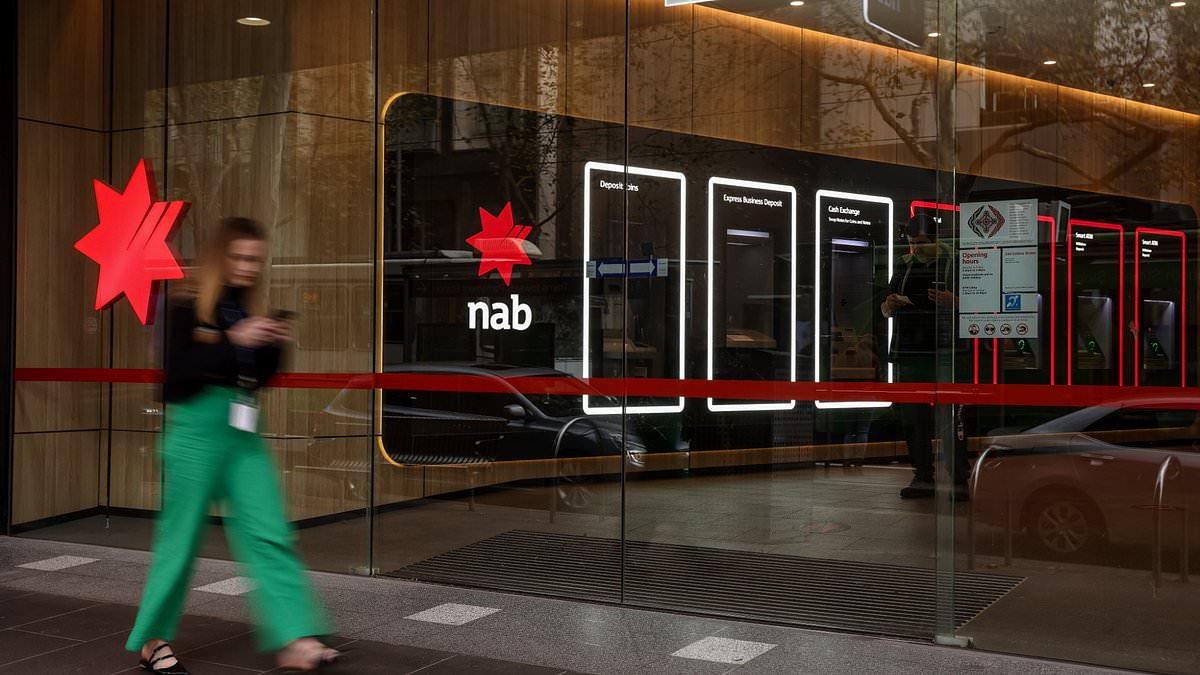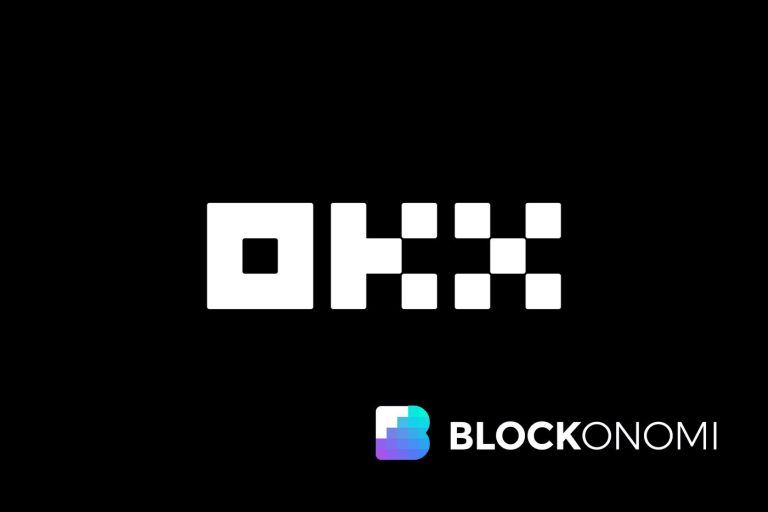
Managing finances for elderly family members can be a stressful responsibility, but when a bank places additional barriers in your way, it can transform from a caretaker’s duty into a full-blown nightmare. This is exactly what Andrea Fox experienced while navigating the finances of her elderly father—an ordeal that has sparked conversations around transparency and elder financial safety measures in banking.
When Banking Systems Feel Like a Roadblock
Andrea, who holds an Enduring Power of Attorney (EPOA) for her father following his severe stroke, recently took to social media to share her frustration with National Australia Bank (NAB). She revealed that despite her legal authority, she was denied access to her father’s bank account for weeks, effectively cutting her off from paying essential bills like medications and rates.
“They locked me out of online banking and refused to lift the hold on my dad’s account,” Andrea explained in a video she posted on TikTok, highlighting her ongoing struggle. “I was treated like a criminal for trying to handle my father’s responsibilities.”
The Frustration Behind Fraud Prevention
According to NAB, Andrea’s access was flagged by their fraud department. This resulted in her having to visit a local bank branch in person to validate her documents once again, despite already having submitted proof of her EPOA multiple times. Alarmingly, Andrea was told it could take up to 30 days to resolve the matter, forcing her to find alternative ways of paying vital bills in the interim.
“I had to withdraw cash and go to the post office to pay my dad’s pharmacy bill,” Andrea shared. “That’s just rubbish.”
The Debate: Financial Protection vs. Accessibility
While some social media users empathized with Andrea’s frustration, others argued that banks are taking necessary precautions to protect funds from potential fraud. “It’s better for banks to be over-cautious than negligent,” one commenter noted. Others pointed out that legislation regarding elder financial abuse often obligates banks to routinely reverify access.
Still, Andrea’s emotional plea raised concerns about how these safeguards can inadvertently create challenges for legitimate caretakers. Some experts suggest that banks should develop more efficient processes for managing EPOA cases. Regular training for staff on dealing with such legal arrangements could drastically improve customer experiences.
How to Navigate Banking with Power of Attorney
If you’re in a similar situation as Andrea, here are some steps to consider to prevent lengthy delays in financial management:
- Ensure all your EPOA documentation is up to date: Double-check that your documents meet legal standards and bank-specific guidelines.
- Stay proactive: Regularly communicate with the bank to confirm your authority remains in place and that no updates are required.
- File formal complaints: If you encounter barriers, follow up with customer service and escalate matters to a banking ombudsman if necessary.
Spotlight on Elder Financial Care Products
For those managing elderly loved ones’ needs, having the right financial tools can make all the difference. Products like the American Express SmartEssential Card are designed for caregivers, allowing you to monitor spending, set limits, and ensure bills are paid on time—all while maintaining transparency and safety.
Ultimately, Andrea’s story serves as a lesson for caregivers and banks alike. While fraud prevention is critical, balancing it with customer convenience and sensitivity is just as important. Hopefully, cases like Andrea’s inspire institutions to streamline processes and improve experiences for families managing their loved ones’ finances.



